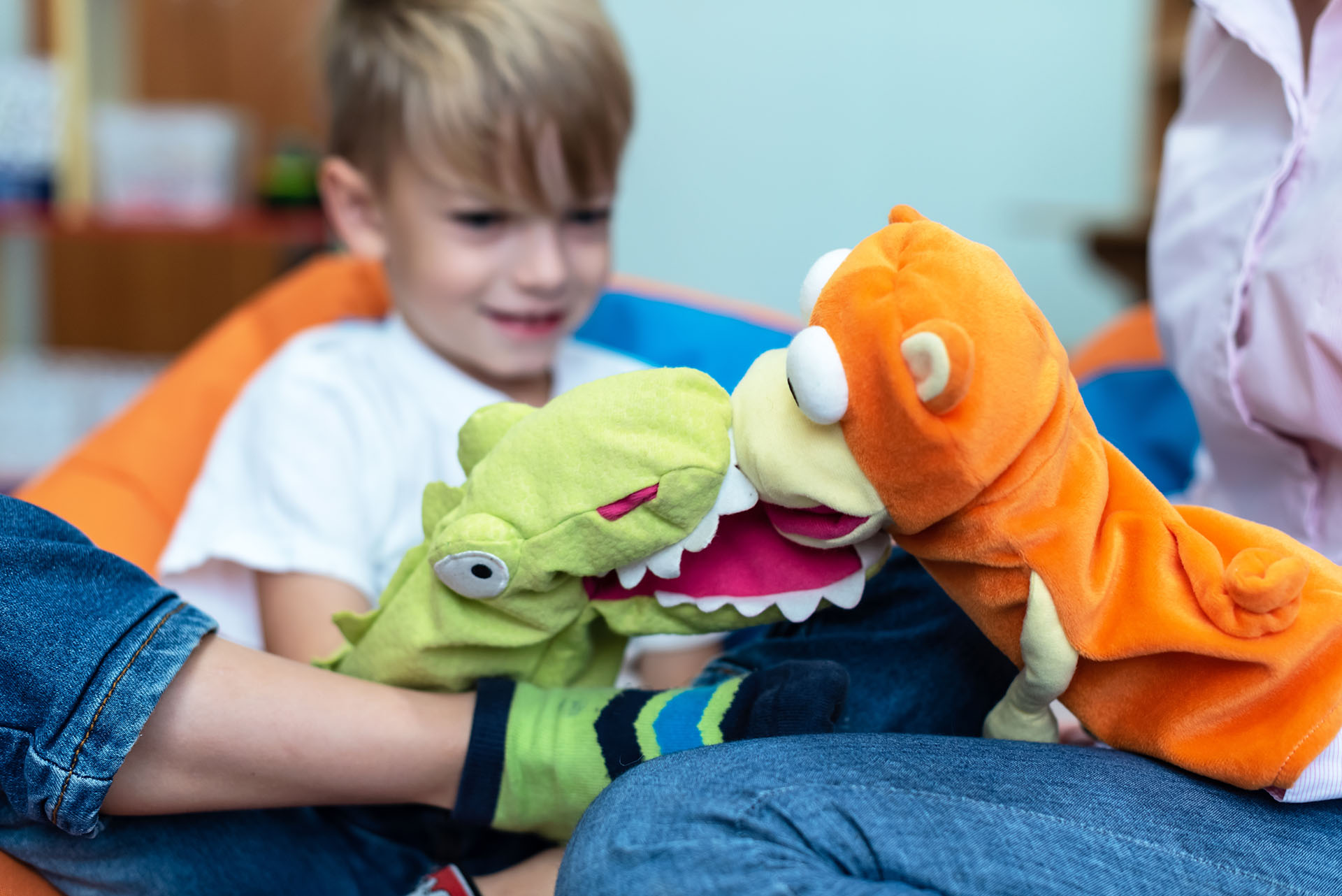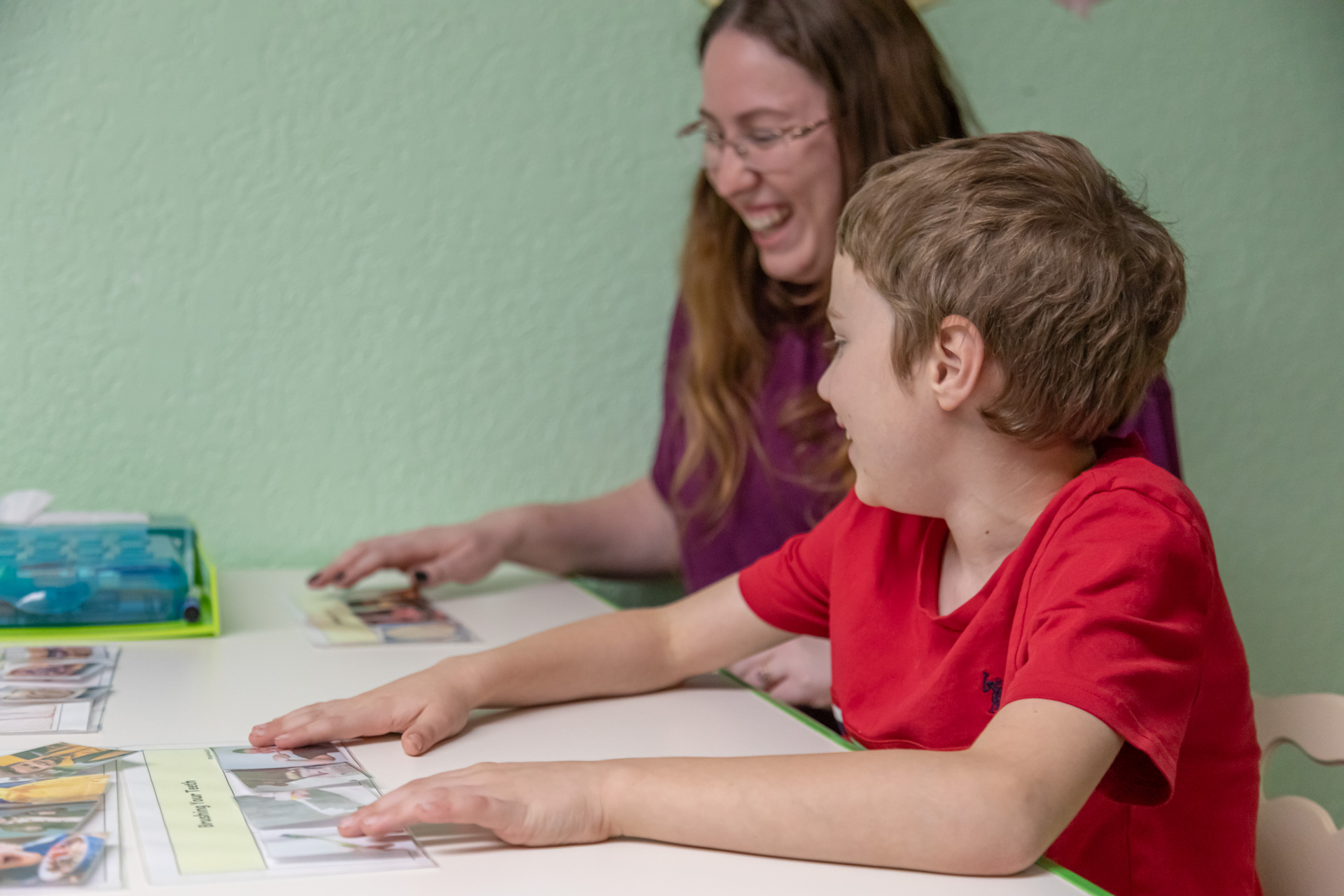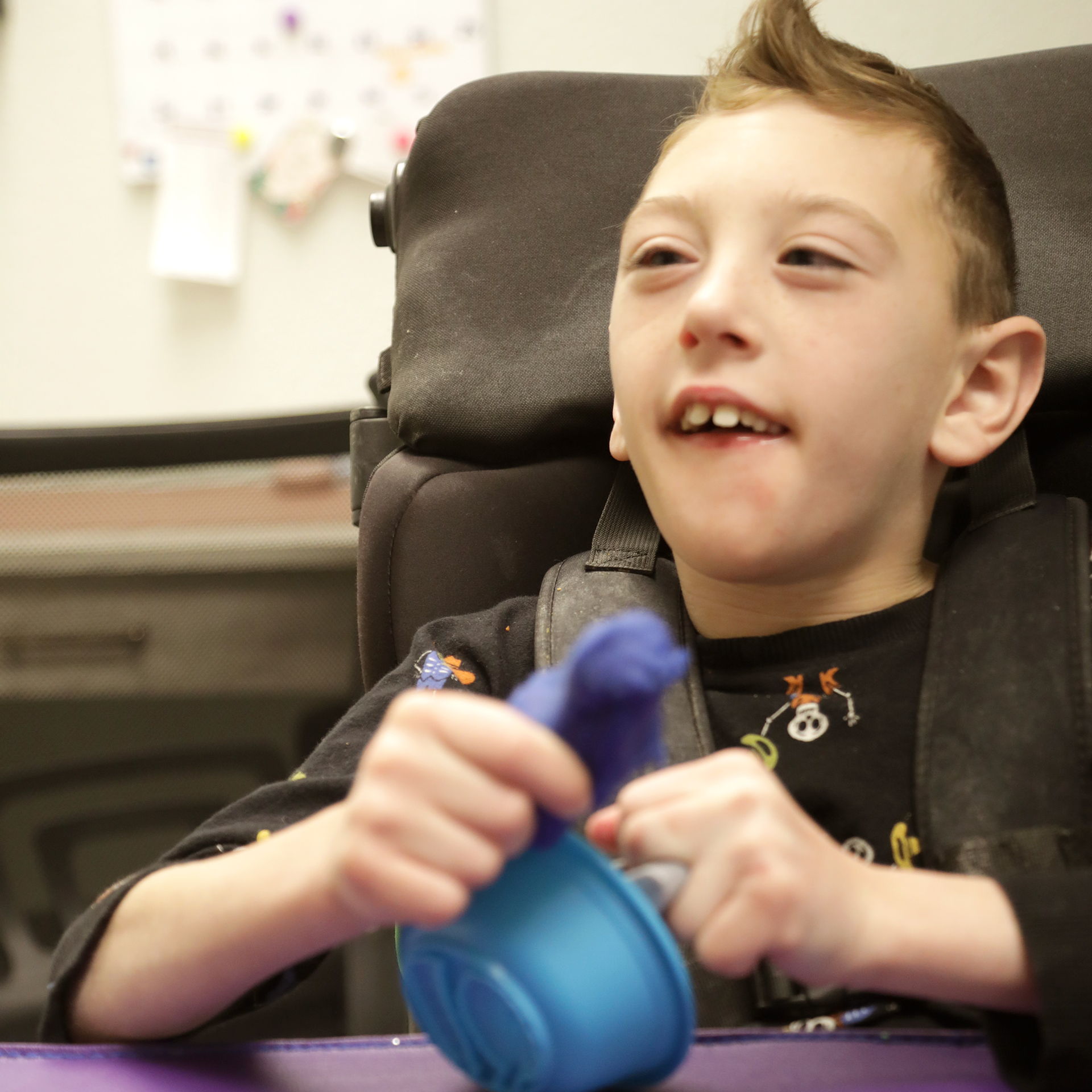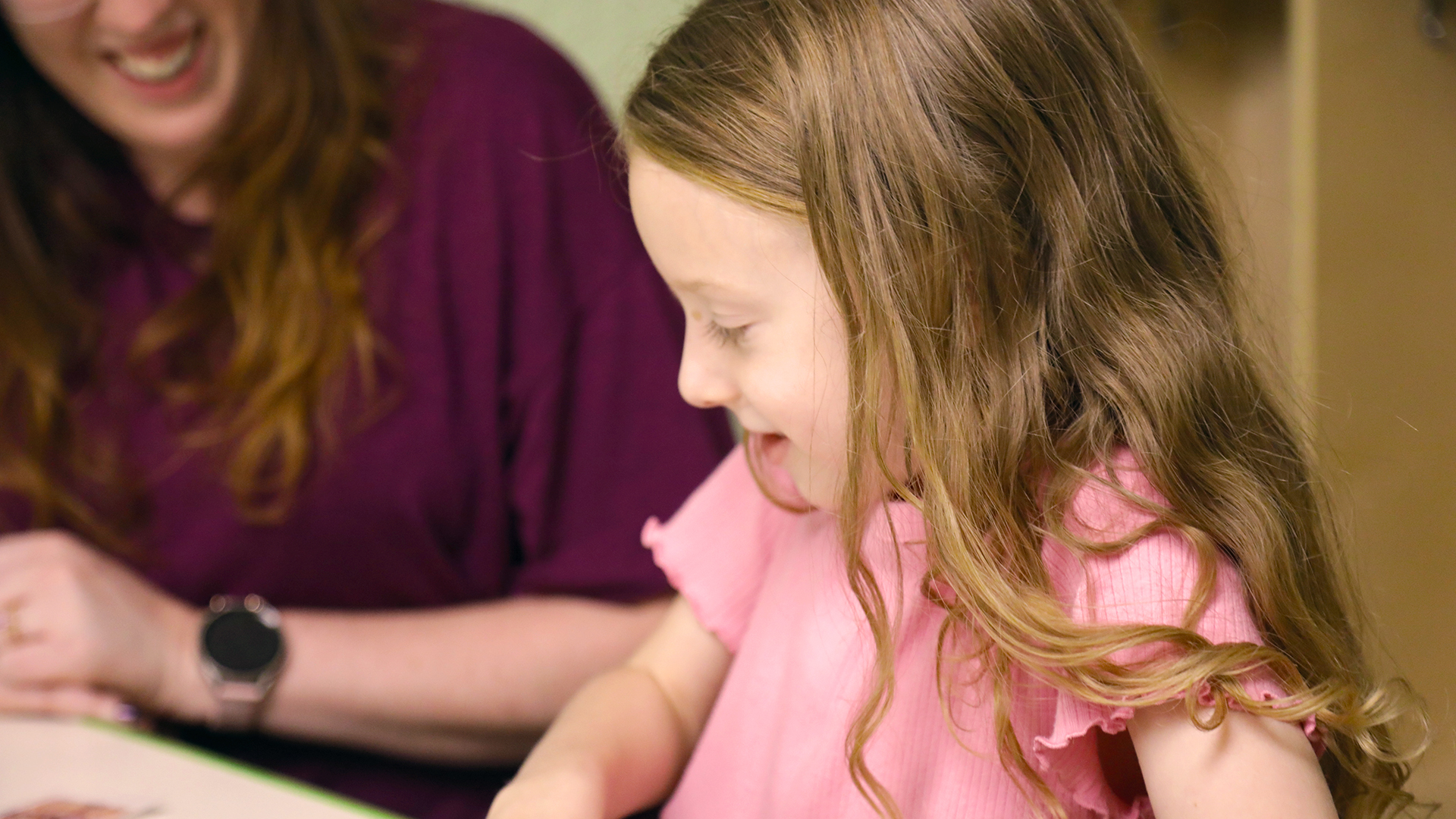The Role of Counseling in Managing Anger in Children


Understanding the Importance of Counseling in Childhood Emotional Regulation
Childhood anger is a normal yet complex emotion that requires proper understanding and management. Professional counseling plays a critical role in helping children recognize, express, and regulate their anger healthily, fostering emotional development and resilience. This article explores how tailored therapeutic approaches can address underlying causes and equip children with essential emotional regulation skills.
Signatures of Anger Issues in Children
What are the signs and symptoms of anger issues in children?
Children experiencing anger problems often show a variety of outward and physical signs. Frequent tantrums are common, with children acting out through shouting, crying, or screaming to express their frustration. Aggressive behaviors, such as hitting, kicking, or throwing objects, may also be present and are typical indicators of difficulty managing anger.
In addition to physical actions, emotional outbursts like sudden crying or yelling can signal underlying anger issues. Children may display tense muscles, clench their fists, or exhibit a rapid heartbeat and heavy breathing when overwhelmed by anger.
Behaviorally, children with anger management issues might act out in social settings, blame others for problems, or use foul language. Some older children may engage in risky behaviors or show signs of trouble in school and peer relationships.
Physical symptoms can accompany emotional distress, including headaches or stomach aches, which often result from the stress related to unregulated anger. Recognizing these signs early can help parents and caregivers intervene with appropriate coping strategies to support healthier emotional regulation.
| Signs and Symptoms | Behavioral Indicators | Physical Signs | Additional Notes |
|---|---|---|---|
| Frequent tantrums | Hitting, kicking | Tense muscles | Older children may act out or display dangerous behaviors |
| Emotional outbursts | Screaming, crying | Rapid heartbeat | Physical symptoms like headaches or stomach aches |
| Aggressive actions | Throwing objects | Heavy breathing | Difficulties in social interactions |
Therapeutic Options and Resources for Anger Management
What resources and therapeutic options are available to help children with anger issues?
Several effective therapies and resources exist to support children in managing anger constructively. Evidence-based behavioral therapies such as Parent-Child Interaction Therapy (PCIT), Parent Management Training (PMT), and Cognitive-Behavioral Therapy (CBT) are prominently used. These approaches focus on teaching children skills like emotional regulation, problem-solving, and appropriate social responses. Importantly, these therapies actively involve parents, who learn strategies to model calm behavior, set consistent boundaries, and reinforce positive coping skills.
In more complex cases or when behavioral techniques alone don't suffice, medical or specialized treatment programs might be utilized. These can include medication or placement in residential or day treatment centers, allowing children to receive intensive support tailored to their needs.
Supporting children outside of therapy sessions involves teaching various coping mechanisms. Deep breathing exercises, mindfulness practices, role-playing social scenarios, and problem-solving activities are common tools. Creating a calm environment with consistent routines helps children feel secure and better equipped to regulate their emotions.
Early intervention is crucial. Implementing these strategies promptly, combined with professional guidance and addressing underlying issues like anxiety or learning difficulties, can lead to significant improvements. Overall, a comprehensive approach that includes therapy, family involvement, and skill-building activities offers the best chance for children to develop healthy emotional regulation and reduce anger outbursts.
Resources for parents and caregivers searching for help include the term 'Child anger management therapies' or 'resources for emotional regulation in children.' These searches can lead to helpful materials, local therapy providers, and support groups to aid in developing effective anger management strategies for children.
The Critical Role of Emotional Regulation Skills

Recognizing and understanding feelings
Children need to learn how to identify and label their emotions, especially anger, to develop better control over their reactions. Recognizing physical cues like a quickened heartbeat or clenched fists helps children become aware of their emotional states before they escalate.
Implementing self-regulation techniques
Practicing strategies such as deep breathing, counting to ten, or taking a break in a calm-down space equip children with tools to manage their anger. Techniques like physical activity or humor can also effectively diffuse intense emotions. Reinforcing the habit of using these methods consistently helps children respond thoughtfully instead of reacting impulsively.
Supporting emotional understanding through modeling and validation
Adults play a crucial role by modeling calm and controlled behavior during stressful moments, showing children how to handle anger healthily. Validating their feelings, even when discipline is necessary, fosters trust and emotional awareness, encouraging children to express their frustrations appropriately.
Impact on social interactions, academic performance, and mental health
Developing strong emotional regulation skills improves a child's ability to navigate social relationships, reducing conflicts and promoting empathy. It also enhances focus and participation in school activities, contributing to better academic outcomes. Moreover, children with effective anger management are less prone to anxiety, depression, and behavioral problems, supporting their overall well-being. Building these skills sets a foundation for healthy adult relationships and resilience against future stress.
Educational Strategies for Caregivers, Parents, and Teachers

What are effective educational approaches for caregivers, parents, and teachers in handling childhood anger?
Handling childhood anger effectively requires targeted educational strategies that build emotional understanding and regulation skills. One of the foundational approaches is teaching children to recognize and name their emotions. This vocabulary helps children articulate what they feel, reducing frustration and enabling better communication.
Modeling calm and composed behavior during moments of anger is crucial. Caregivers, parents, and teachers can demonstrate techniques such as deep breathing, speaking softly, and pausing before responding, showing children constructive ways to manage their responses.
Creating a structured environment with consistent routines and clear boundaries supports emotional stability. When children understand what to expect, they feel safer and are less likely to act out due to uncertainty or frustration.
Reinforcing positive coping mechanisms is also essential. Strategies like using 'Calmness Coins,' engaging in physical activity, or calming activities in designated spaces help children gain control over their feelings. Visual aids like charts depicting coping steps or emotion flashcards can serve as helpful reminders.
Importantly, encouragement and praise for handling emotions appropriately boost children’s confidence and motivation to apply learned skills. Avoiding punitive measures focused on feelings prevents shame and promotes healthy emotional growth.
Altogether, these approaches foster a supportive learning environment. Patience, age-appropriate interventions, and consistent practice help children develop better self-regulation, leading to fewer anger outbursts and healthier social interactions.
Strategies for Parents and Caregivers
 Helping children manage their anger effectively requires patience and a strategic approach. One of the most important steps is modeling calm behavior yourself. When parents and caregivers stay composed during a child's anger outburst, it teaches children how to regulate their own emotions.
Helping children manage their anger effectively requires patience and a strategic approach. One of the most important steps is modeling calm behavior yourself. When parents and caregivers stay composed during a child's anger outburst, it teaches children how to regulate their own emotions.
Using relaxation techniques such as deep breathing and visualization can be powerful tools. Encourage children to take slow, deep breaths when they start feeling angry, which can help reduce their arousal and prevent escalation.
Open communication plays a vital role in emotional regulation. Parents should foster an environment where children feel safe to express their feelings. Active listening and using 'I' statements can make children feel understood and supported.
Recognizing early signs of anger, like clenched fists or tense muscles, allows caregivers to respond calmly before the situation worsens. Responding with patience and avoiding defensive reactions helps de-escalate tense moments.
Incorporating humor and giving oneself a break are also effective strategies. Humor can lighten a tense situation, while taking time for self-care prevents stress from building up and ensures that caregivers remain patient and approachable.
Teaching children conflict resolution skills, such as problem-solving and negotiating, helps them learn peaceful ways to handle disagreements. Consistent discipline and clear boundaries reinforce emotional regulation.
When anger becomes difficult for the child to control, seeking professional assistance through counseling or therapy is advisable. Therapy provides tailored techniques and support to help children understand and manage their emotions better.
In summary, successful anger management at home combines modeling calmness, teaching relaxation techniques, encouraging open dialogue, recognizing early warning signs, using humor, promoting conflict resolution, and consulting professionals when necessary.
Behavioral Techniques and Play Therapy in Action

How can behavioral techniques and play therapy be used in managing childhood anger?
Managing anger effectively in children involves a combination of behavioral strategies and therapeutic approaches that address emotional expression and regulation. Behavioral techniques such as positive reinforcement and consistent consequences are fundamental in teaching children appropriate responses to anger. For example, praising children when they successfully calm down or use coping skills reinforces these behaviors, encouraging them to repeat healthy responses in future situations. Additionally, setting clear, consistent boundaries and consequences for anger-related behaviors helps children understand the outcomes of their actions, fostering self-control.
Teaching children specific skills like deep breathing, positive self-talk, and role-playing scenarios can also be powerful tools. These techniques help children physically and mentally prepare to manage their emotions. Deep breathing exercises can calm the body's stress response, while self-talk encourages positive thoughts during moments of frustration. Role-playing allows children to practice calm and constructive responses to anger triggers in a safe environment, building their confidence and problem-solving abilities.
Play therapy creates a nurturing space where children can express and process their emotions through creative activities using toys, drawings, and role play. This approach is particularly beneficial for younger children who may struggle to verbalize their feelings. In a play therapy environment, children can externalize their anger and explore the reasons behind it, fostering emotional awareness and understanding. The therapist guides children to recognize physical cues linked to anger and employ coping techniques like mindfulness or relaxation.
By integrating behavioral techniques with play therapy, children learn to identify their anger triggers, develop healthier responses, and build resilience. This combination improves their emotional regulation, reduces aggressive outbursts, and enhances social interactions, laying a foundation for healthier relationships now and in the future.
Counseling's Impact on Children's Emotional Well-being

How does counseling help children manage anger?
Therapy provides children with essential skills to handle their emotions better. It helps them recognize what triggers their anger and teaches them to pause and think before reacting impulsively. Professionals use techniques like talk therapy, play therapy, or art therapy to uncover deeper feelings such as sadness or fear that often underlie anger.
By exploring these emotions, children can understand why they feel angry and learn healthier ways to express themselves. Counseling also involves teaching coping strategies like deep breathing, counting, or using calming words, which foster emotional regulation.
How effective is counseling in promoting emotional well-being in children with anger issues?
Research supports the effectiveness of various counseling methods, especially parent management training (PMT) and cognitive-behavioral therapy (CBT). These therapies have been shown to significantly reduce aggressive behaviors and improve emotional regulation.
Through ongoing sessions, children learn to identify anger triggers, develop problem-solving skills, and build a more positive outlook. Family involvement in therapy helps improve communication and strengthens support networks. Empirical studies highlight that these approaches not only decrease irritability but also enhance social skills and overall mental health.
Counseling thus plays a vital role in nurturing emotional resilience and promoting a healthier psychological profile for children struggling with anger management.
Fostering Long-Term Emotional Health in Children
Effective counseling and therapeutic strategies are vital in helping children understand and manage their anger. These interventions promote emotional awareness, growth, and resilience, ensuring that children develop healthy ways to navigate challenges. By combining behavioral techniques, emotional regulation skills, educational approaches, and family support, caregivers and professionals can build a foundation for lifelong emotional well-being, ultimately leading to happier, healthier, and more resilient children.
References
- Angry Kids: Dealing With Explosive Behavior - Child Mind Institute
- Managing Anger in Kids - The Kids Mental Health Foundation
- Anger Management: The Crucial Role of Teaching Children
- How Counseling Can Help Anger Management in Children
- Anger Management for Kids: 14 Best Activities & Worksheets
- Anger in Children: Signs, Causes, & Treatments - Choosing Therapy
- Anger Management Strategies for Kids: Teaching Children About ...
Recent articles

What to Expect at Your First Therapy Session
Discover what your child’s first therapy session looks like, from rapport building to goal setting, and how families can feel confident starting care.

Celebrating Small Wins: How Therapy Helps Kids Build Confidence All Year Long
Learn why small wins in therapy matter, how they boost your child’s confidence, and simple ways families can celebrate progress all year long.

Empowering Missoula Children to Grow With Confidence and Connection
Learn how ABA therapy in Missoula helps children build communication, independence, and confidence through personalized, family‑centered support at Advanced Therapy Clinic.

Compassionate Pediatric Therapy in Butte, Montana
A welcoming place where every child’s potential is celebrated

How Pediatric Therapy Helps Kids Thrive across Montana and Wyoming
A supportive guide for families exploring therapy options in Billings, Butte, Missoula or Sheridan.

How to Choose the Right Pediatric Therapy Clinic in Billings, Montana
A Parent‑Friendly Guide To Finding The Best Support For Your Child

